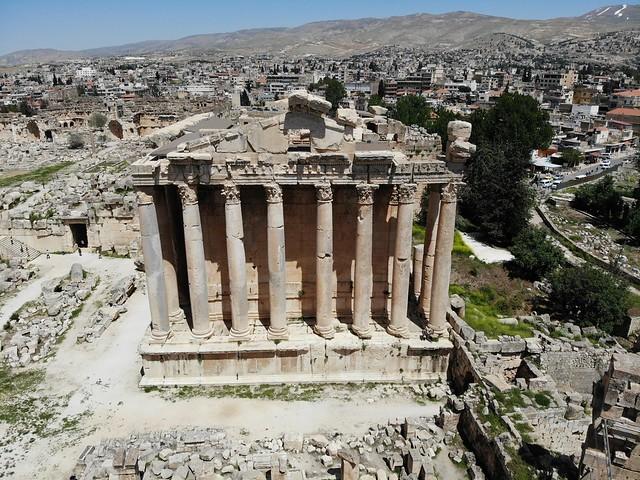Beirut
Overview
Historical Significance
Beirut, the capital city of Lebanon, is a vibrant tapestry of history, culture, and resilience. With roots that trace back over 5,000 years, it is one of the oldest continuously inhabited cities in the world. The city has been influenced by a myriad of civilizations, including the Phoenicians, Romans, Ottomans, and French, each leaving their indelible mark on its landscape and culture. The National Museum of Beirut is a must-visit for history enthusiasts, housing an extensive collection of artifacts that narrate the story of Lebanon's rich past.
Cultural Melting Pot
Beirut is a cultural melting pot where East meets West. The city boasts a dynamic arts scene with numerous galleries, theaters, and music venues. The Hamra district is particularly known for its bohemian atmosphere, filled with cafes, bookstores, and art galleries that serve as gathering spots for creative minds. The annual Beirut Art Fair and various film festivals highlight the city's commitment to the arts, attracting both local and international talent and audiences.
Atmosphere and Lifestyle
The atmosphere in Beirut is electric, characterized by a blend of ancient traditions and modern influences. The streets are alive with the sounds of conversation, laughter, and music. Locals and tourists alike frequent the bustling Souks (markets), where one can find everything from handmade crafts to high-end fashion. The nightlife is legendary; areas like Gemmayzeh and Mar Mikhael are lined with trendy bars and restaurants, offering a lively social experience that often lasts until dawn.
Culinary Delights
Lebanese cuisine is a highlight of any visit to Beirut. The city is known for its exceptional food, combining fresh ingredients with bold flavors. Traditional dishes such as tabbouleh, hummus, and kebabs can be found in countless restaurants, from street vendors to upscale dining establishments. Don't miss trying manakish (a type of flatbread) or indulging in a delightful meal at Al Falamanki, which offers an authentic taste of Lebanese hospitality amidst a charming garden setting.
Architectural Diversity
The architectural landscape of Beirut is equally diverse, showcasing a blend of modern and historical structures. The Mohammad Al-Amin Mosque, with its stunning blue dome, stands as a symbol of the city, while the Saint George Maronite Cathedral reflects the Christian heritage of the area. Walking through neighborhoods like Achrafieh reveals a mix of Ottoman-era buildings and contemporary designs, highlighting the city’s architectural evolution over the centuries.
Natural Beauty
Beirut is not just about urban life; it also offers stunning natural beauty. The Corniche, a scenic waterfront promenade, is perfect for leisurely strolls with views of the Mediterranean Sea. Here, locals gather to enjoy the sunset, jog, or sip coffee at outdoor cafes. For a day trip, the nearby Jeita Grotto features impressive limestone caves and lush greenery, providing a striking contrast to the urban environment and a chance to experience Lebanon's natural wonders.
Warm Hospitality
Finally, one of the most memorable aspects of Beirut is the warmth and hospitality of its people. Lebanese culture is known for its friendliness, and visitors often find themselves welcomed with open arms. Engaging with locals can provide a deeper understanding of the city’s social fabric, from family values to the passion for food and music, making your experience in Beirut not just a visit, but a heartfelt connection to its vibrant community.
Other towns or cities you may like in Lebanon
Explore other cities that share similar charm and attractions.



